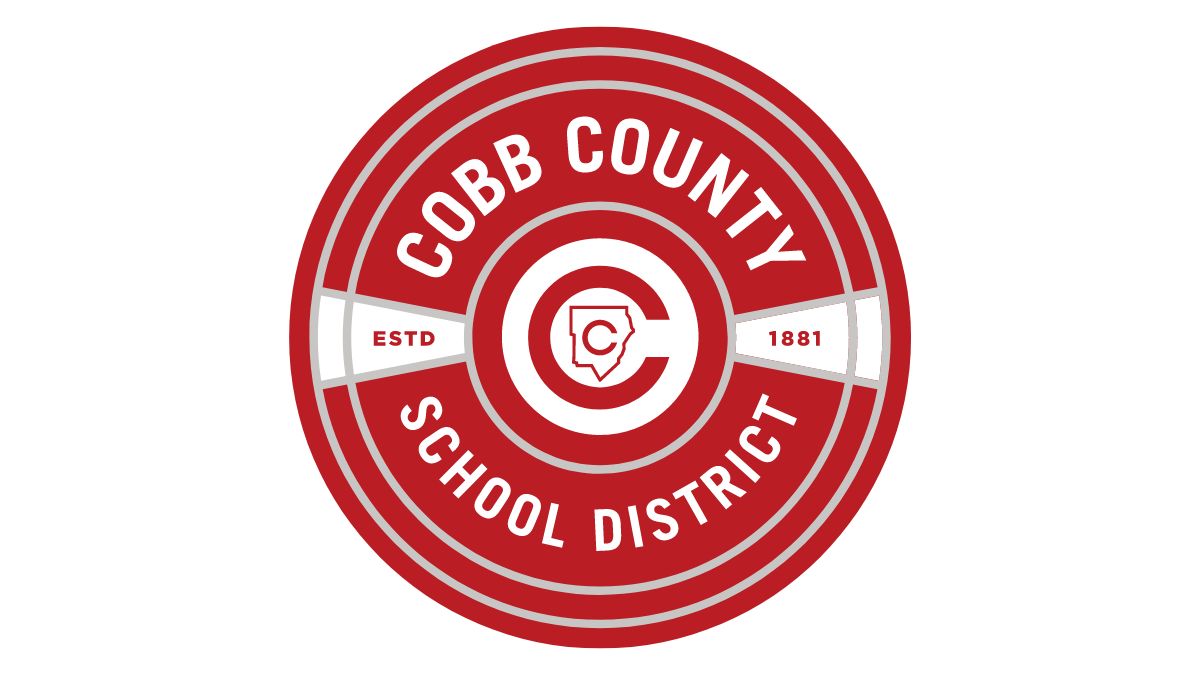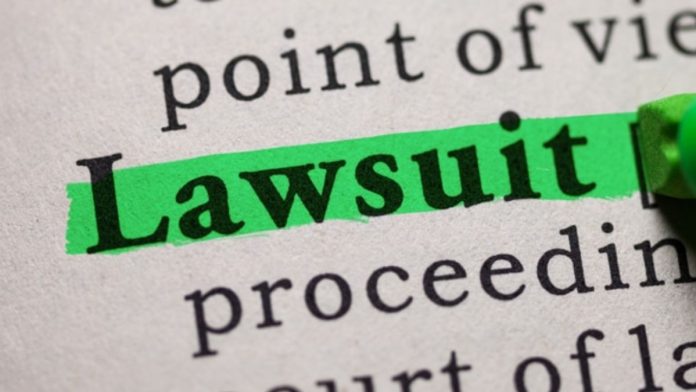Atlanta, Georgia – The Georgia Association of Educators and two teachers sued Cobb County School leaders on Tuesday. They claim that two new laws limit what teachers can talk about in class, calling it “censorship.” Their lawsuit says these unclear laws threaten teachers across the district and stop students in Cobb County from learning in welcoming and safe classrooms.
The 2022 Protecting Students First Act stops teachers from sharing their personal political views on “divisive concepts.” These include topics like race, unconscious bias, racial privilege, and racism’s impact on U.S. history. Another law from 2022, the Parents’ Bill of Rights, lets parents control how their kids are brought up, including their moral or religious education. It says parents in Georgia have these rights without any government getting in the way.

Legislature supporters defend the laws citing parents’ control over their children’s education
Supporters of these laws say they help parents have more control over what their kids learn in school.
“We put students and parents first by keeping woke politics out of the classroom and off our ballfields,” Gov. Brian Kemp said in 2022 after signing the bills.
People against these rules argue they are unclear and stop teachers from discussing topics about race or the LGBTQ community.
Katherine Rinderle, one of the plaintiffs in the lawsuit, used to teach at an elementary school in the district for over 10 years. She lost her job in August 2023. She was fired, the lawsuit says, because of these rules, after she read a book titled “My Shadow Is Purple” to her class.
At her firing hearing, she explained she picked the book for its message against bullying. It was meant to show support for students who didn’t conform to traditional gender roles and others with different identities, whose need for acceptance was being ignored.
Despite a three-person panel advising against firing her after reviewing her case, the school board went ahead with the decision to fire her. This was after the Superintendent suggested she should be let go.
Read also: Georgia Senator proposes bill for Narcan in schools to counter overdoses
In a previous response to questions about firing Rinderle, the school board said they believed they were right to do so, based on her overall actions and history. The lawsuit also claims that the school district is threatening other teachers with firing if they discuss similar topics.
It still remains unclear what is considered under Censorship Policies
The lawsuit mentions that Cobb County School District officials haven’t clearly defined what they mean by “controversial,” “sensitive,” or “divisive” under their Censorship Policies. They also haven’t clarified if topics like gender identity, gender nonconformity, or sexual orientation are considered “controversial” or “sensitive.”
The Georgia Association of Educators, taking part in this lawsuit, works to support and advocate for teachers in Georgia. This group represents over 1,600 teachers and staff in Cobb County. Cobb County, like other areas in the U.S., has taken books related to the LGBTQ community out of its libraries. This move follows new rules supported by Republican lawmakers.
“This situation is about right and wrong, good and evil,” said Superintendent Ragsdale in support of the removal of certain books from library shelves. “There is no middle ground in this situation. You are either in favor of providing inappropriate material to children, or you are against it.”
This issue is part of a bigger national debate. Teachers and some lawmakers disagree over rules that limit what can be discussed in class. There’s been a big increase in efforts to ban books and complaints about materials covering racism, race, sexual orientation, and gender issues in schools and libraries, as noted by the American Library Association.
The American Library Association faces opposition by some Georgia lawmaker about their policies
A group of lawmakers in Georgia, led by State Senator Larry Walker, want to cut ties with the American Library Association (ALA). This move comes from a bigger argument about the kinds of books that libraries should have, especially LGBT books for young adults and books with themes of diversity, equity, and inclusion.
Some conservative lawmakers say that these books are influenced by the ALA’s “radical left” ideas. Walker’s idea comes from his belief that the ALA, which is very important for certifying librarian education and helping local libraries, should stay out of politics and not promote what he sees as extreme ideas.
Walker’s bill would stop local and state governments from giving money to the ALA. This would affect not only funding but also educational standards, since library directors would no longer need to have a master’s degree from an ALA-accredited school.
Some people, like retired librarian Paula Galland, say that these kinds of actions are harmful to free speech and the professional integrity of libraries, which have always fought for access to information. The argument shows that there is a conflict between the idea that libraries should be free to share information without any restrictions and the idea of open access to information.
Other states that have enacted similar ‘book ban’ policies
This legislative effort in Georgia is not unique; it is part of a larger national trend. States like Florida, Texas, Missouri, and Tennessee have also passed laws that limit or ban books from libraries, mostly ones that deal with LGBTQ issues, racial education, and other touchy subjects.
People who support free speech and access to information see these actions as censorship and a threat to democratic principles of open discourse and diversity of thought. They are often justified by concerns about content that is thought to be inappropriate for minors. Top of Form
